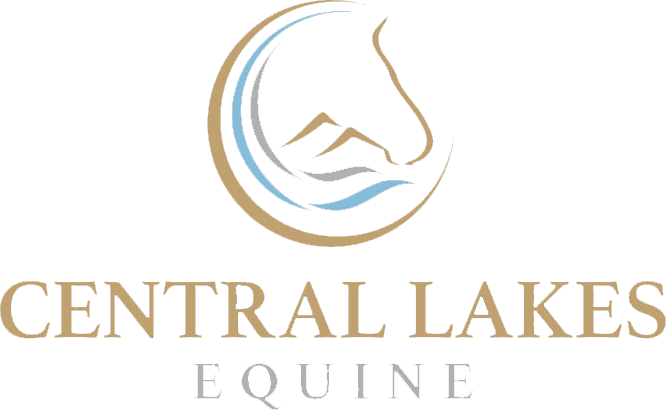The low down on worming at this time of year:
The weather is starting to change, and this is the time of year that the worm larvae start to think about halting their growth and hibernating for the winter in the intestinal mucosa. When they do this we call them ‘encysted ’ and they are very hard to kill with wormers: we need to get them before they do this. During the the cold months many larvae don’t progress to become adults, and there is minimal development of larvae in the eggs so the worm cycle slows or halts. During the winter Faecal Egg counts can therefore be inaccurate, but if they are high then we need to address it.
What can happen with these ‘encysted’ or hibernating worms is that they all make up at once during the spring and cause mass disruption to the intestinal mucosa and if they larvae number is high enough can cause a dangerous diarrhoea. This is what we are trying to prevent by getting rid of the larvae now!
Saying this... I want us to remember that central otago hasn’t had cold cold winters in the last few years so worm burdens and egg output have increased over the winter months unlike in previous years when they halted. Also the winters have not been cold enough to damage eggs and stop them developing so pastures are staying contaminated. Depending on the weather the worm cycle can be different every year.
What should we do? If your horses have not been wormed since the spring then worm them ASAP. Only use good worms, which as a general rule are wormers that have 3 active ingredients. (I am selling good wormers at a very discounted rate this autumn so get in touch if you need some). If you have wormed them this summer then do a Faecal egg count now and see what worm burden your horses have. Do a Faecal egg count in the winter to make sure that it is not getting very high.
Remember harrowing will spread any eggs in the faeces so this is not ideal to do when your horses have a high faecal egg count as it will cause widespread pasture contamination and then they are more likely to eat worm eggs.
Any more questions feel free to get in touch.
Simply we want pastures free of eggs buy reducing egg output. The only way your horse can get ‘wormy’ is by eating eggs! Enjoy your breakfast!




